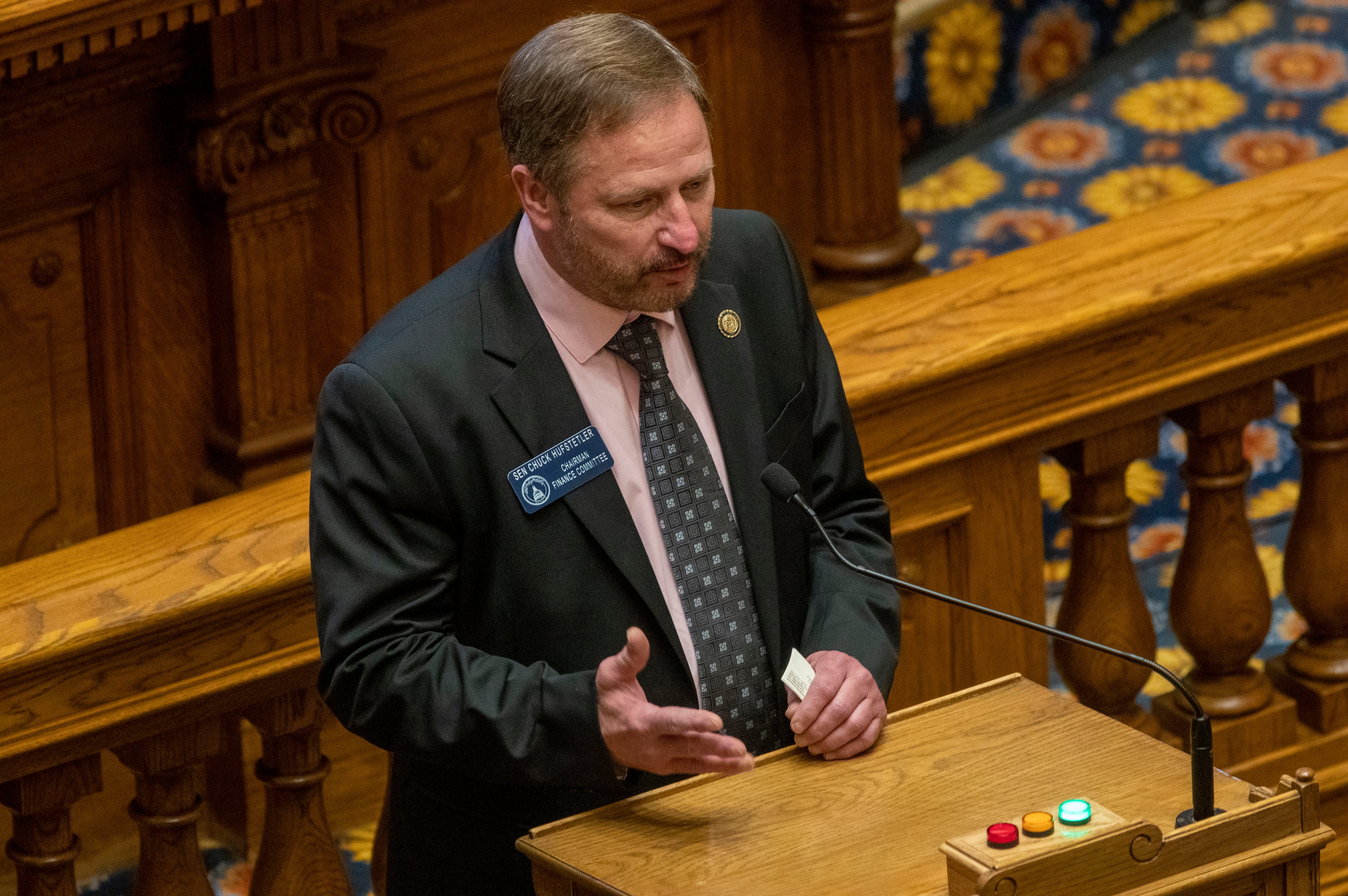School testing opponents score another round in the state legislature
A major overhaul of Georgia’s testing and teacher evaluation regime passed unanimously out of a state House committee Friday, and now awaits a vote by all representatives.
Student test results currently count for at least half of each teacher evaluation, prompting an outcry from teachers, parents and school leaders who feel testing has hijacked the classroom. Senate Bill 364 reduces that to 30 percent.
Critics of the tests say they are a weak measure of a teacher's contribution to student learning, and they decry the classroom emphasis on test prep by teachers whose careers depend upon the results. Test proponents say the change in student test performance over time — the "growth" score in teacher evaluations — is a reliable measure of teacher effectiveness, and identifies those who shouldn't be teaching.
The bill also reduces the number of tests even while introducing new ones — in math, English and reading in the first and second grades. It passed the Senate unanimously last month, but was amended in the House Education committee in a way that the author, Sen. Lindsey Tippins, R-Marietta, did not like. He worked with the committee chairman, Rep. Brooks Coleman, R-Duluth, to create the version that passed the committee unanimously on Friday.
"The compromise that we have settled on, I think, is a better bill than the one I brought you," Tippins told the committee. "I fully endorse it."
Margaret Ciccarelli, the chief lobbyist for the Professional Association of Georgia Educators, Georgia’s largest teacher group, called the final bill “extremely promising” for teacher evaluations and a “conservative and meaningful start on testing reform.” But the Georgia affiliate of Students First, a national group that presses for better academic performance in traditional schools and for more school choice, is disappointed.
Half of each teacher evaluation currently comes from subjective “observations” by school leaders, and those invariably rate teachers highly. Michael O’Sullivan, the Georgia director of Students First, said test results pull many of those evaluations back to earth, clearly sorting teachers as effective or ineffective. The 20 percentage points of test weighting eliminated by SB 364 are replaced with a “professional growth” measured to be created by each school district and charter school. That measure may include more subjectivity, which could mask the teaching weakness exposed by the tests, O’Sullivan said.
“An effective teacher is the single-most important factor in a student’s learning,” O’Sullivan said. “If there are teachers who are in need of improvement, we should be identifying them so we can help them.”
The House committee also passed Senate Bill 355, which protects students from punishment if they refuse to take the tests and includes a medical opt-out provision.
Both bills now must get through the House Rules committee and through a vote on the House floor. SB 364, since it was amended by the House, also must get through another vote in the Senate by the end of the session on March 24.



